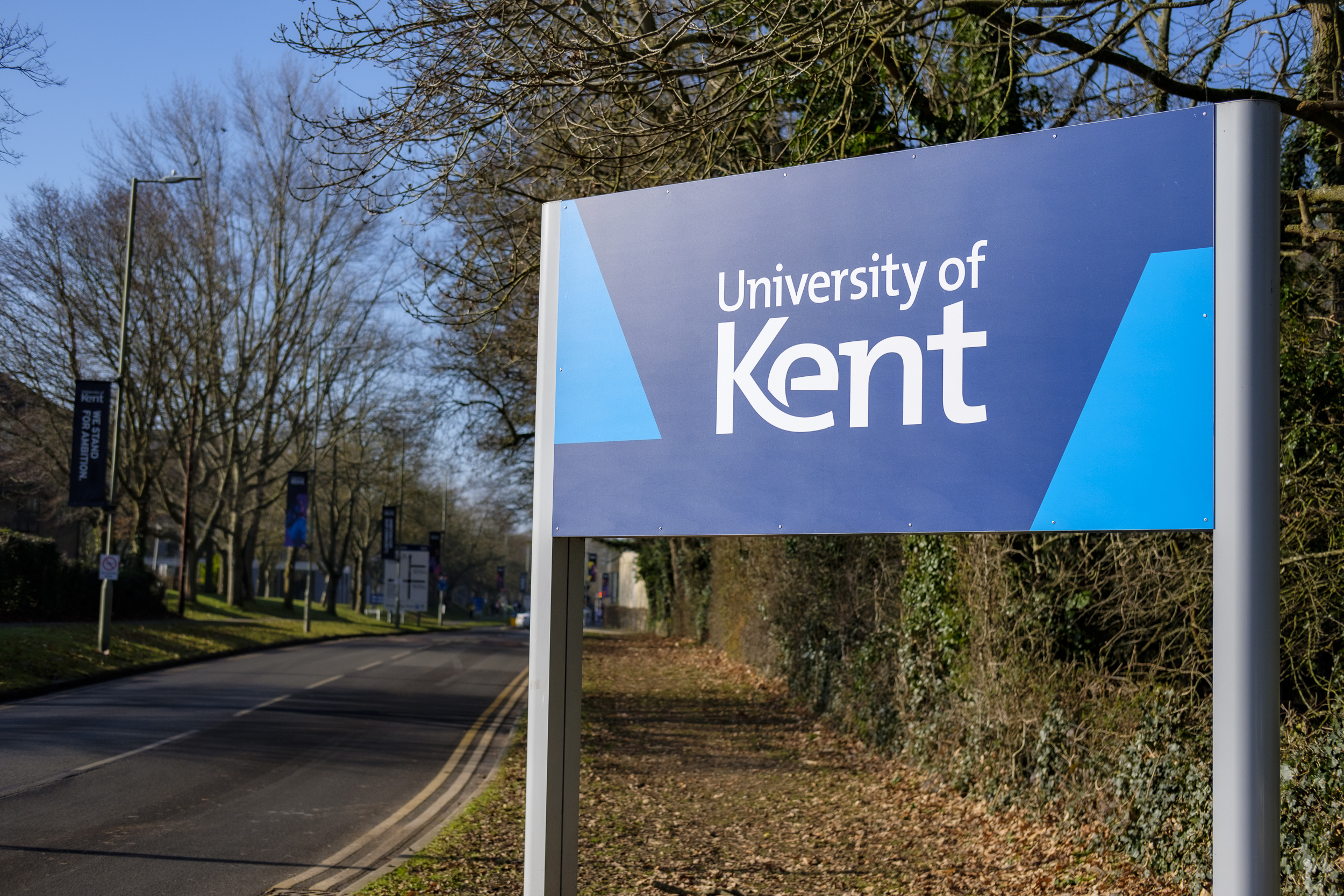Vice-Chancellor and President Professor Karen Cox
In recent weeks I have followed the escalating humanitarian crisis in Gaza with deepening horror and upset. Since the attacks on 7 October and ongoing war since, our thoughts first and foremost have been with our Israeli and Palestinian students and staff with family or direct ties to the area, along with all those affected by the escalating conflict and dealing with unimaginable terror and distress. They continue to be of great concern to all of us at the University.
I have also been listening to the testimonies of Palestinian and Jewish students and staff, as well as many others, and have been greatly moved and humbled by their experiences. The outrage, distress and anger is palpable. In listening to these, our first response has to be to affirm above all the humanity of all victims of violence, terrorism and war; in doing so, we uphold the sanctity of every life in the region and, like others, we call for the space for humanitarian aid and support and, more broadly, a fair and lasting peace.
In these conversations I have been greatly concerned that some students and staff are not feeling safe in the current climate. As part of a large and diverse learning community, we have so much that binds us together, including a commitment to peace, tolerance, freedom of expression within the law, the right to peaceful protest, democracy and of course our responsibilities towards one another. We want to be a place where people can talk openly about their experiences and about the things that matter to them, and be heard respectfully and attentively; these things lie at the heart of learning, scholarship and our lives together.
I am always aware that as a university we don’t have all the answers, but in listening we commit ourselves to learning, challenging ourselves, and to understanding and doing better. I hope this is a commitment we can all make at this time so that we can all have what we need and deserve – a sense of safety and security, the ability to speak out, to protest, to share experiences and demand change, combined with a sense of wellbeing and fulfilment – as we learn, teach and work in a difficult world and at a challenging time.
Finally, I want to underline that there is advice and support available to all staff and students and I would urge all those who feel they need help and support to reach out.
Advice and Support
If you are worried about the ongoing situation in the Middle East then please get in touch with our Student Welfare teams who will advise you on how we can support you at this difficult time. You can also check out our blogpost on coping with distressing events, which outlines support for Kent students, and some advice on ways to manage the intense feelings which can come with hearing about traumatic events.
Student Support and Wellbeing (SSW) are running support sessions every Monday from 13.00 – 14.00. These are drop-in sessions taking place upstairs in Locke Building near the Coop, staffed by a mental health adviser and counsellor from SSW. All students are welcome.
The UK Foreign Office also has advice on what to do if you have friends or family who are travelling to the region at the moment, along with guidance on who to contact if you need advice or support overseas.
We appreciate the strength of feeling generated in both staff and students across the university by recent events. We strive to be an organisation where all individuals feel welcome and supported and take a zero-tolerance approach to any form of discrimination on campus. If you experience any discrimination, please use our Report + Support tool so that we can quickly connect you with appropriate support within the University.
